OUR FEED

Alfa Alfa Hay
Alfalfa hay is essential for dairy goats due to its high protein and calcium content, which support muscle growth, bone health, and milk production. Its vitamins A, D, and E enhance overall health and reproductive efficiency. The high fiber content aids digestion and reduces digestive issues. Regular feeding of Alfalfa hay not only boosts milk yield but also improves milk quality by increasing fat content and nutritional value. Additionally, it helps maintain body condition during lactation and supports optimal growth in kids.
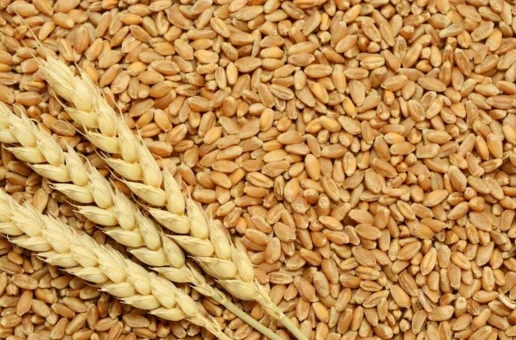
Wheat
Wheat is a key energy source for lactating goats, thanks to its high carbohydrate content, which supports milk production and helps maintain body condition. It also provides moderate protein and essential vitamins like Vitamin B for overall health. Its easy digestibility ensures efficient nutrient absorption. Including wheat in the diet can boost milk yield and enhance milk quality, making it richer and more nourishing. Additionally, wheat helps sustain energy levels, which is crucial for goats during peak lactation periods.

Peeled Black Gram
Peeled black gram, or urad dal, is an excellent protein source for goats, crucial for muscle growth and milk production, especially during lactation. It also provides iron for better oxygen transport and folate for cell formation and overall growth. The dietary fiber supports healthy digestion and efficient nutrient absorption. Regular inclusion of black gram in the diet can enhance milk yield and improve overall goat health, ensuring better vitality and endurance.
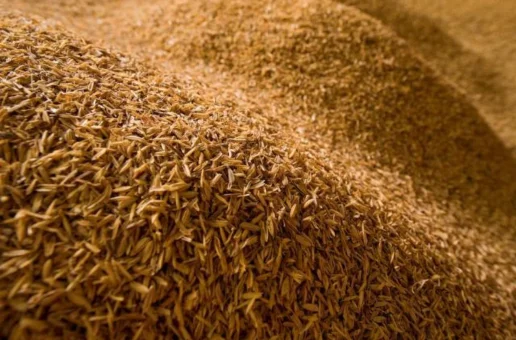
Bran
Bran, a byproduct of grain milling, is high in fiber, which supports digestive health by regulating bowel movements and preventing constipation. It provides essential carbohydrates for energy, crucial for lactating goats. Additionally, bran contains important vitamins and minerals, including B vitamins, iron, and magnesium, along with antioxidants that enhance the immune system. Including bran in the diet improves milk quality and quantity while supporting overall goat health during lactation.

Black Mustard Oil
Black mustard oil is a nutrient-rich addition to a goat’s diet, providing healthy fats that enhance milk richness and creaminess. It contains Omega-3 and Omega-6 fatty acids, crucial for cardiovascular health and reducing inflammation. Its antimicrobial properties help prevent infections, and vitamin E supports skin health and boosts immunity. Including black mustard oil improves milk quality and overall goat well-being, offering essential energy during lactation and supporting sustained milk production.
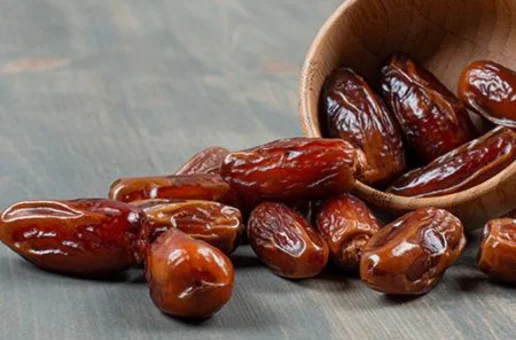
Dates
Dates are highly nutritious for lactating goats, providing natural sugars for sustained energy essential for high milk production. They are rich in dietary fiber, aiding digestion and preventing issues like bloating and constipation. Dates also offer essential vitamins and minerals, including potassium, magnesium, and vitamin B6, supporting overall health. Their natural sweetness encourages goats to eat more, helping maintain body condition during lactation and enhancing both milk quality and quantity.
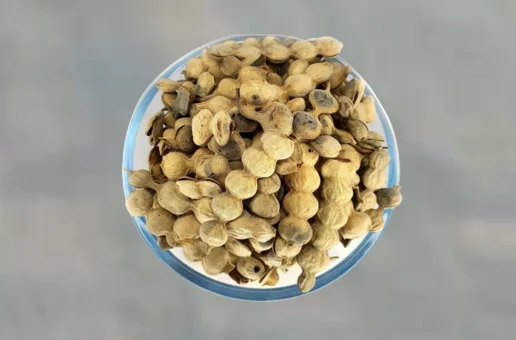
Keker Ki Phali
Keker ki phali, or acacia pods, is a traditional feed rich in fiber, aiding digestion and preventing issues like constipation. It provides essential nutrients, including protein, vitamins, and minerals, supporting overall health and well-being. The pods also contain tannins with antioxidant properties that boost immunity and protect against diseases. Regular inclusion in the diet enhances milk production and quality, promotes a healthy appetite, and supports consistent lactation and vitality.

Mineral Mixture
A mineral mixture is crucial for goats, providing essential trace elements like calcium, phosphorus, magnesium, and zinc. Calcium supports milk production and prevents deficiencies like milk fever, while phosphorus strengthens bones and teeth. Magnesium aids nerve and muscle function, and zinc supports immunity and skin health. Regular supplementation ensures goats receive these vital nutrients, improving overall health, boosting milk production, and enhancing milk quality for a healthier and more productive herd.

Gripe Water
Gripe water helps soothe the digestive system in lactating goats, relieving issues like gas, bloating, and indigestion. This improves nutrient absorption and overall health, which is crucial during lactation when nutritional needs are high. Additionally, gripe water reduces stress and discomfort, promoting a calm state that supports better milk production. Incorporating gripe water into the diet ensures goats stay healthy, comfortable, and productive, leading to high-quality milk output.
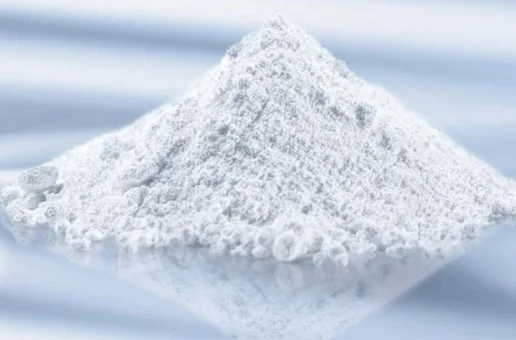
Calcium Powder
Calcium powder is crucial for goats, especially during lactation when calcium needs are high. It supports strong bones, teeth, muscle function, and blood clotting. Lactating goats deplete calcium reserves for milk production, risking deficiencies like milk fever. Supplementing with calcium powder ensures adequate mineral levels, enhancing milk quantity and quality while preventing health issues. This practice keeps goats healthy and productive, ensuring they remain in optimal condition throughout lactation.

Moringa Grass
Moringa grass is a “superfood” for lactating goats due to its high nutritional value. It provides essential proteins, vitamins, and minerals, supporting muscle development and improving milk quality. Vitamins A, C, and E boost immunity, while calcium, potassium, and magnesium aid bone health and metabolism. Moringa also has anti-inflammatory properties, contributing to overall goat health and enhancing their well-being during lactation. Regular inclusion of moringa in their diet leads to significant health benefits and improved productivity.
